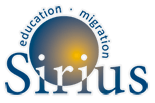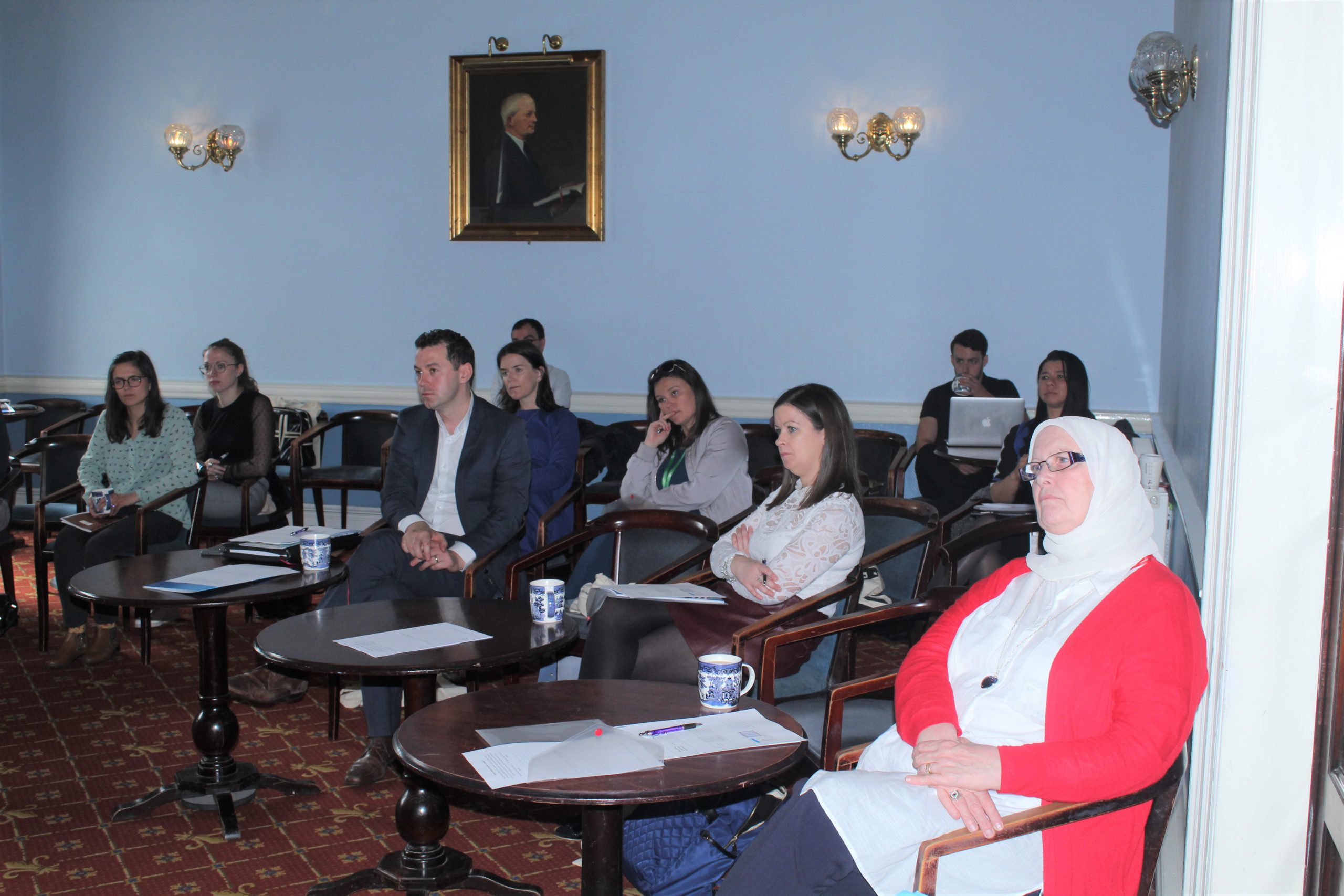CONTEXT
In 2018, the Dutch Education Inspectorate published its report that in contrast to almost all other countries in Europe, the performance of Dutch pupils has been falling for decades (State of Education 2018). Even more worrying were the figures that showed increasing inequality based on migration and socio-economic status: children with higher educated parents increasingly performed better than those whose parents were lower educated. The same was found for children with parents with a migrant background. The Inspection report paid little attention to the role of language. If language was mentioned at all, it was to point out that migrant children may have a language deficiency or language delay because they do not speak Dutch. Dutch as a second language classes are generally provided only for Newly Arrived Migrants (NAMS) and only during their first year in the Netherlands. After this, all children, including those who were born here but have a different home language than Dutch, are expected to speak Dutch at the same level as native Dutch speakers and to leave their mother tongues behind.
Currently, more than half of school children in the capital city of Amsterdam speak a different language besides Dutch. Schools therefore need to prepare their teachers to close the gap between ‘native’ Dutch speaking and multilingual children. However, the dominant attitude towards multilingualism in Dutch education can be summarized as a policy which at best ignores, at worst prohibits and sometimes even punishes children for using other languages than Dutch in schools (Le Pichon & Kambel 2017). It is a result of the (mistaken) belief that it is the best way for children to learn Dutch. Yet, research has shown for a long time that the opposite is true: making use of children’s home languages will not only make them feel more at home at school and therefore helps in their integration into society, but also has significant benefits to their learning process (Collier & Thomas 2017, NESET II 2017).
In 2017, the Ministry of Education in the Netherlands distributed a booklet to all primary schools encouraging mother tongue use for teaching NAMS. This is certainly a positive step, but simply sending booklets to schools will not change ingrained practices. Teachers and policy makers need practical examples. At the last NRT (July 2018), participants stated that good multilingual teaching practices were hard to find. This is why it was decided to focus on good examples of multilingual teaching practices for the NRT 2019.











